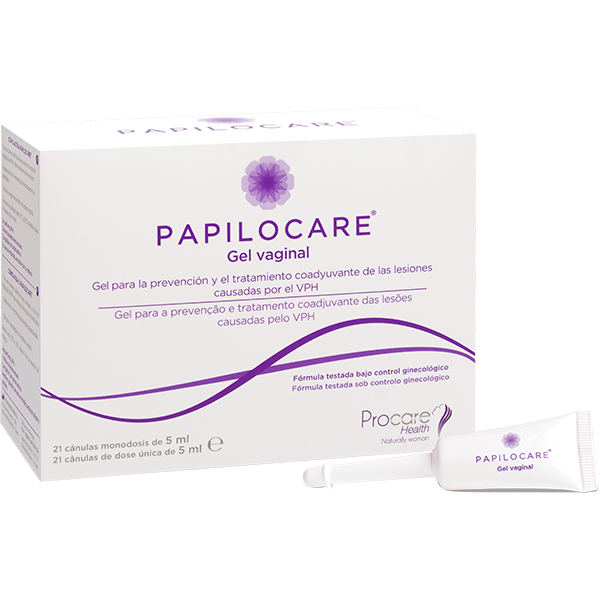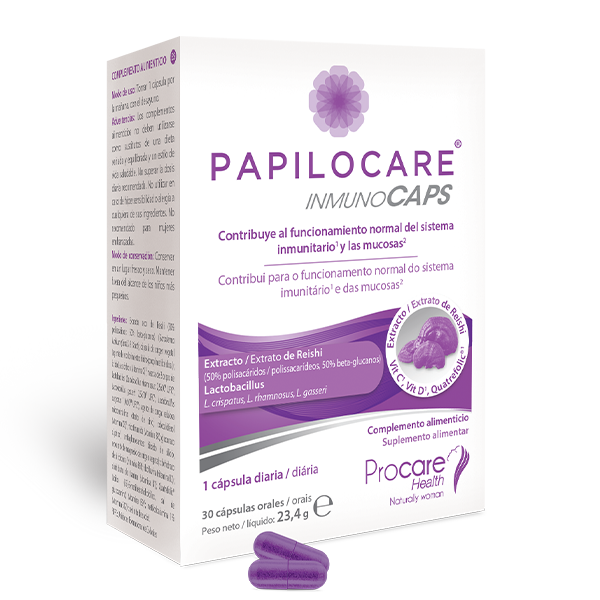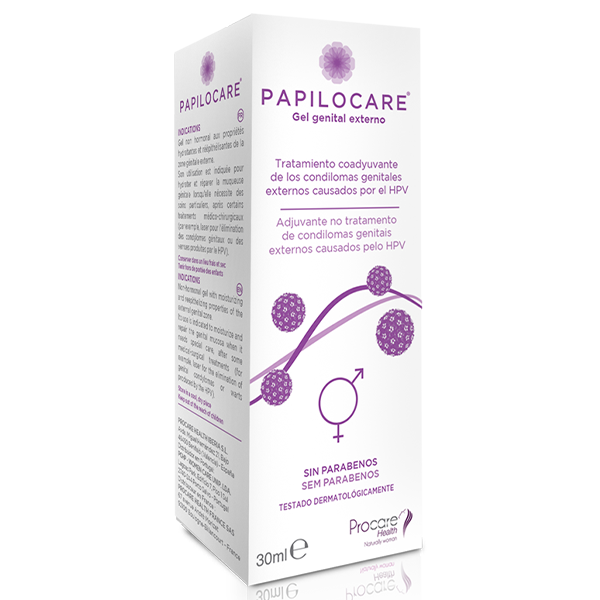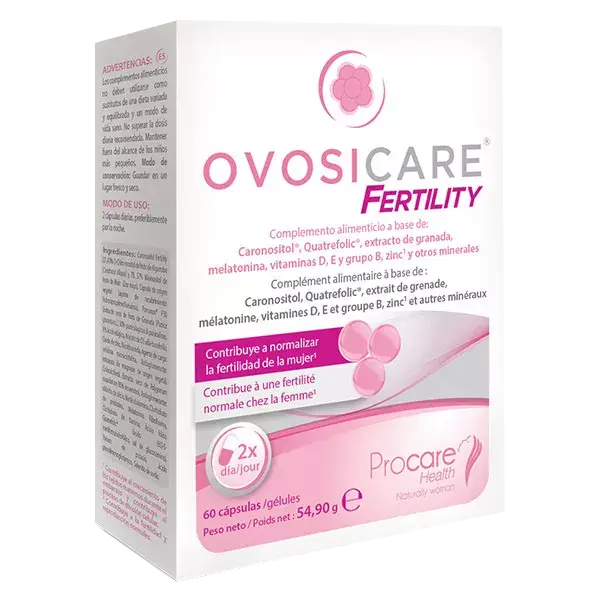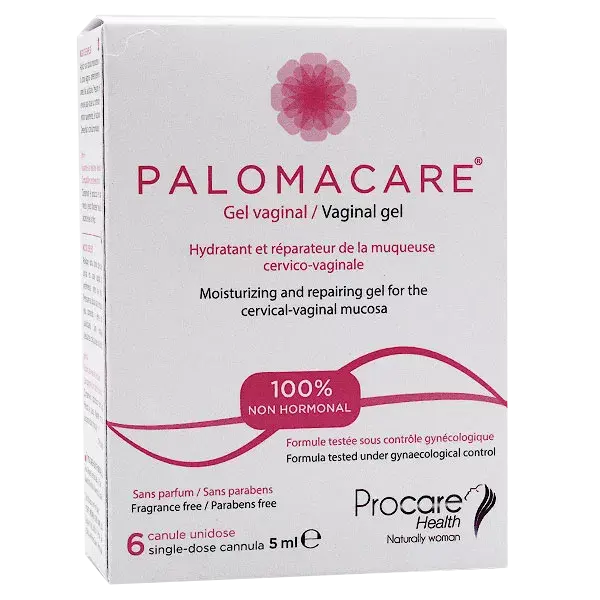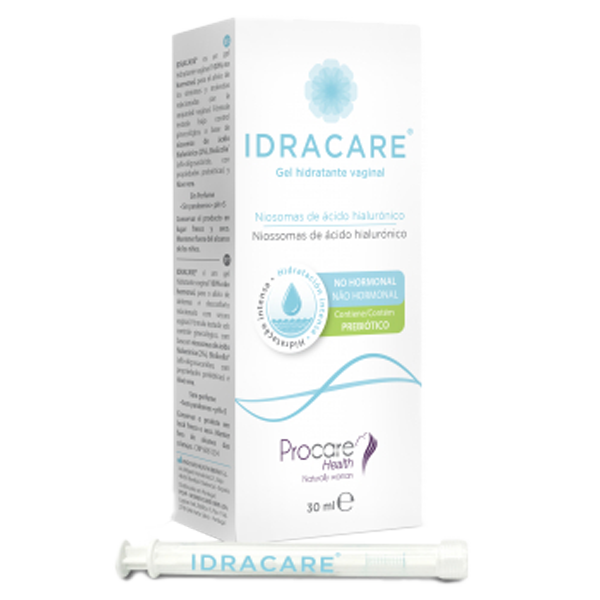Sex, Relationships and HPV: LivBio Busts Some Myths

While HPV infection is very common, it can still lead to a lot of questions about how it affects relationships, including ‘Can you have sex with HPV?’ and ‘Does HPV mean my partner cheated?’ In this article we answer your questions, and bust some of myths about HPV, sex and relationships.
Can you get HPV without sex?
Most HPV infections that affect the genitals are caused by having sex. It would be very unusual to get HPV non-sexually. HPV is usually passed on by skin-to-skin contact – you can get HPV from:
- vaginal sex
- anal sex
- oral sex.
You don’t have to have penetrative sex to get HPV. You can get HPV from any skin-to-skin contact of the genital area, or by sharing sex toys.
Can you get HPV from a toilet seat?
HPV-infected (human) cells were found on certain surfaces in a Genito-Urinary Medicine clinic – coloscope handles, toilet flush handles, toilet door handles etc. However, there is no evidence that the DNA in these cells would be viable, and no certainty about whether the virus can be transmitted via environmental surfaces (known as fomites).
While cells infected with HPV are clearly shed by humans, the possibility of transmission is currently unknown, and the chances must be miniscule.
Can a man give a woman HPV?
Yes, a man who is infected with HPV can pass the virus to a woman he has sex with. There is more focus on HPV in women because of the risk of cervical cancer. But in fact a study published in the Journal of Infectious Diseases found that men were more likely to be infected with HPV than women, making sex with men the main route to infection for Women.
Can you have sex if you have HPV?
Yes, you can continue have sex if you have HPV, but you may want to talk to any sexual partner first, be aware of the risks, and practise safe sex.
HPV is the most common sexually transmitted infection, and most people will have HPV at some point in their lives. Most of us will have no symptoms, and in nine out of ten cases, HPV will be eliminated naturally from the body within two years.
In a smaller number of people, a longer-lasting HPV infection can lead to genital warts or certain types of cancer. While you can’t completely protect yourself or your partner from passing on the virus, you can lower the risk by using condoms and dental dams (a piece of thin latex or polyutherane you can use on the genitals as protection during oral sex). But these types of barrier protection only cover part of the genitals, while the HPV virus lives on the skin, including the whole genital area. This means condoms or dental dams can’t completely eliminate the risk of infection.
Does HPV mean my partner cheated?
No, it doesn’t mean your partner was unfaithful, even if you have been in the same relationship for many years. You may have the HPV virus in your body for a long time without having any symptoms and without knowing about it. This means you may have picked up the virus many years ago, so it can be difficult to know exactly when you got HPV, or who from.
When HPV is in this state in someone’s body it’s known as dormant, and it may not be picked up by a test. HPV can be dormant for many years, even decades. Dormant HPV can suddenly become active again, although we don’t yet know why this happens. When the virus becomes active, it can be picked up by a test, although it may not in fact be a recent infection at all.
How do I get rid of HPV?
In most cases, the body’s own immune system will clear HPV, usually in about two years. Sometimes, if a high-risk type of virus remains for longer in your body, we can start to see changes to cells in the cervix. These abnormal cells are known as lesions. Doctors will aim to remove more developed lesions, but with early-stage lesions, they take a ‘wait and see’ Approach.
There is only one proactive solution that is proven to work with early-stage lesions, Papilocare vaginal gel®. Papilocare vaginal gel ® is a natural (non-hormonal) treatment that is proven in clinical trials to treat HPV-related cervical lesions and clear all strains of the virus within six months, when used as recommended.
If you’ve tested positive for HPV but haven’t yet developed lesions, the current medical guideline is to ‘wait and see’; i.e., do not use any medication. If you are interested in taking a food supplement to support your body’s immunity against HPV, there is a product called Papilocare Immunocaps®. It contains reishi mushroom, which is a mushroom used widely in traditional Chinese medicine and has shown immune boosting effect in a number of studies.
LivBio is the official and exclusive retailer of Papilocare vaginal gel® and Papilocare Immunocaps® in the UK. Learn more about LivBio and Papilocare® vaginal gel®.
References:
https://www.jostrust.org.uk/information/hpv/how-do-people-get-hpv#:~:text=HPV%20in%20long%2Dterm%20relationships,or%20'clinically%20insignificant'%20HPV.
https://www.cdc.gov/std/hpv/stdfact-hpv.htm#:~:text=It%20is%20most%20commonly%20spread,sex%20with%20only%20one%20person.
https://www.cdc.gov/std/hpv/stdfact-hpv-and-men.htm
https://www.nhs.uk/conditions/human-papilloma-virus-hpv/#:~:text=You%20do%20not%20need%20to,vaginal%2C%20anal%20or%20oral%20sex
https://academic.oup.com/jid/article/217/6/869/4780192
https://www.cancer.org.au/cervicalscreening/i-am-over-25/what-does-my-test-result-mean/what-about-my-partner
https://my.clevelandclinic.org/health/drugs/22887-dental-dam
Disclaimer
Information on this website is provided for informational purposes only and not intended as a substitute for the advice provided by your physician or other healthcare professional. You should not use the information on this web site for diagnosing or treating a health problem or disease, or prescribing any medication or other treatment. For medical advice, diagnosis and prescription, please consult a healthcare professional.
Social
Sign up to receive our newsletter and a welcome discount code:
Disclaimer: Information on this website is provided for informational purposes only and not intended as a substitute for the advice provided by your physician or other healthcare professional. You should not use the information on this website for diagnosing or treating a health problem or disease, or prescribing any medication or other treatment. For medical advice, diagnosis and prescription, please consult a healthcare professional. More Information >
Disclaimer: Information on this website is provided for informational purposes only and not intended as a substitute for the advice provided by your physician or other healthcare professional. You should not use the information on this website for diagnosing or treating a health problem or disease, or prescribing any medication or other treatment. For medical advice, diagnosis and prescription, please consult a healthcare professional.
© LivBio Limited 2024 All Rights Reserved.
